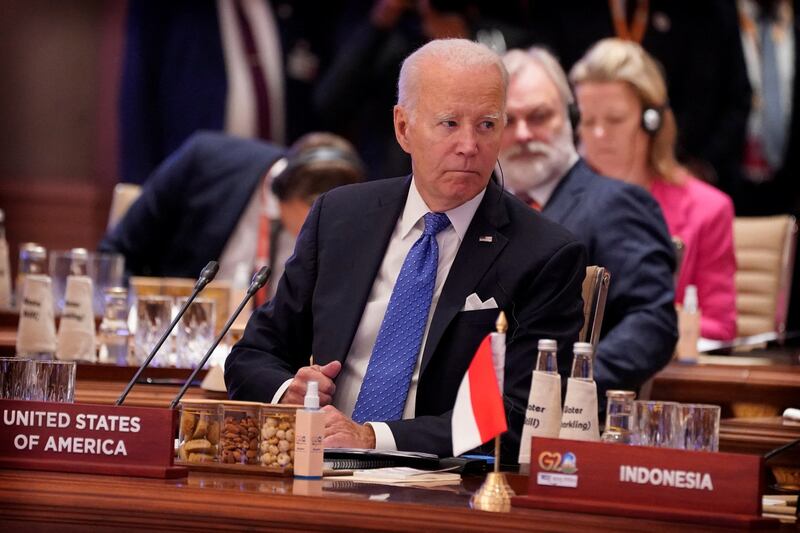Indian Prime Minister Narendra Modi invited the African Union to join the G20 as a permanent member on Saturday in his opening remarks, calling on members to end a “global trust deficit.”
"It is time for all of us to move together,” Modi said.
Modi announced later in the day during the summit that negotiators had resolved deep differences over the wording on the war in Ukraine.
"On the back of the hard work of all the teams, we have received consensus on the G20 Leaders Summit Declaration. I announce the adoption of this declaration," Modi told the G20 leaders in New Delhi.
China and Russia are known to be opposed to any joint statement that censures Russia’s invasion of Ukraine.
Despite widespread anticipation that this year’s summit would be a damp squib – perhaps resulting in no communique at all – the G20 appeared to be pushing back on China’s apparent lack of willingness to play ball with the developed world.
The announcement of permanent inclusion of the 55-nation African Union (AU) is likely to be a blow for Chinese president Xi Jinping, who is not attending the summit for unknown reasons, and recently heralded the new membership of six countries in the BRICS grouping as “historic.”
The AU’s young population of 1.3 billion is expected to double by 2050, when it will account for a quarter of the global population. It’s strategically important to both China, Africa’s largest trading partner and one of its largest lenders, and Russia, its leading arms provider.

Meanwhile, in what will likely be seen as a challenge to Xi’s ambitious Belt and Road Initiative (BRI), U.S. President Joe Biden, Modi and allies were reported to have plans to announce a rail and shipping corridor connecting India with the Middle East and ultimately Europe.
The project would include the United States, India, Saudi Arabia, the United Arab Emirates, the European Union and other countries in the G20, the Associated Press reported Jon Finer, Biden’s principal deputy national security adviser, as saying.
Biden, Modi and European Commission President Ursula von der Leyen were to announce the project as part of the Partnership for Global Infrastructure Investment, with commentary speculating that it would enable greater trade and be an ambitious counter to China’s massive BRI, through which it has sought to invest and lend its way to making its economy better connected with the world.
The moves on Saturday, which were roundly seen as pushback against China, came against a background of speculation as to why China’s Xi was not present and calls for Beijing to explain itself.
“It’s incumbent upon the Chinese government to explain" why its leader “would or would not participate,” Jon Finer, the U.S. deputy national security adviser, told reporters in Delhi.
He said there was speculation that China is “giving up on G20” in favor of groupings like BRICS, where it is dominant.
Edited by Elaine Chan and Mike Firn.
